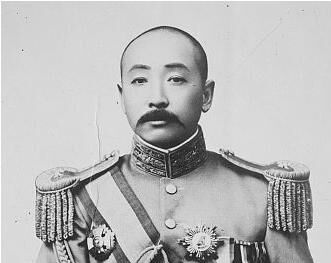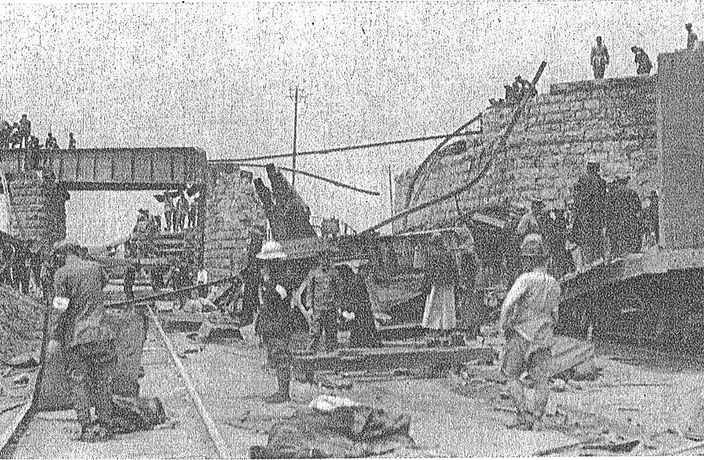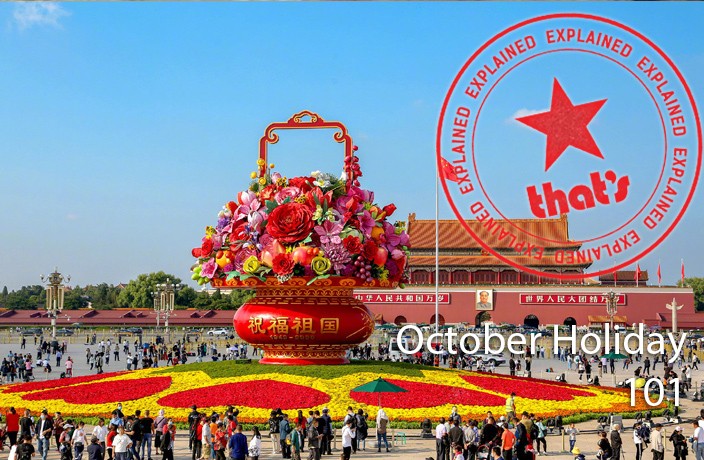On June 4, 1928, a train carrying warlord Zhang Zuolin from Beijing to Shenyang was ripped apart by a huge explosion, mortally wounding the ‘Mukden Tiger,’ in what is now dubbed the Huanggutun Incident.
Following the Xinhai Revolution of 1911, China had fractured into military cliques, ushering in a period known today as the Warlord Era. It was within this shaky societal structure that Zhang went from a poor village urchin known by the nickname ‘pimple,’ by way of a bandit gang, to become the supreme ruler of Manchuria.
His was a power supported by the Empire of Japan, who had hungry eyes on the region’s largely untapped natural resources. Zhang agreed to provide security for extensive Japanese economic interests, suppressing Manchuria’s endemic banditry problem, while the Imperial Japanese Army assisted him in resisting uprisings by rival factions.
READ MORE: Train Robbing Bandits and the Lincheng Outrage

‘Mukden Tiger’ Zhang Zuolin
But Zhang’s ambition was not sated, and in his adventurism, overtaxed Manchuria. Despite capturing Beijing in June 1926 – and proclaiming himself Grand Marshal of the Republic of China – the economy collapsed in the winter of 1927-28. The Nationalists, led by Chiang Kai-shek (and backed by the Soviet Union, Tokyo’s strategic rival) attacked his forces in May 1928, and Zhang was forced into retreat.
Infuriated by his failure to stop the advance, Japanese militarists decided it was time to replace Zhang with a less self-interested puppet, applying pressure on him to return to Manchuria. As Zhang’s train reached Huanggutun on the outskirts of Shenyang and passed beneath the Japanese-operated South Manchuria Railroad, a bomb planted on the bridge exploded.
The assassination failed to have the desired effect. Zhang’s own son, Zhang Xueliang, quietly carried out a policy of reconciliation with Chiang Kai-shek, which left him as recognized ruler of Manchuria instead of Japan’s preferred successor, General Yang Yuting, considerably weakening Japan's political position in Northeast China. They were forced to wait several years before creating another episode to justify the Invasion of Manchuria, the Mukden Incident of September 1931.






















0 User Comments